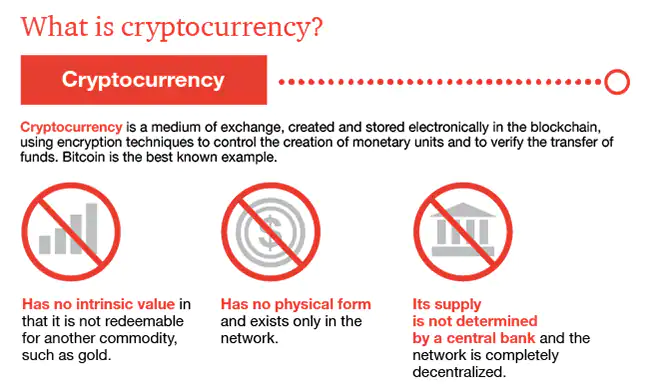17
Nov
Regulating Cryptocurrency
Regulating Cryptocurrency
The Prime Minister of India chaired a meeting regarding the management of the cryptocurrency sector. Citing the unregulated nature of the crypto market, he called for taking progressive and forward-looking steps.
- At the moment, there is no legislature that covers cryptocurrencies in India. In India, owning cryptocurrencies is still not illegal. In 2020, the Supreme Court had struck down a ban on trading of crypto currency in India, which was imposed by the Reserve Bank of India (RBI).
- China has declared all cryptocurrency transactions illegal, effectively imposing a complete ban, whereas El Salvador has permitted Bitcoin as legal tender.

Key Points
- Benefits Associated with Cryptocurrency:
- Fast and Cheap Transactions: Cryptocurrencies are way cheaper to use to execute international transactions because the transactions don’t have to be handled by a series of intermediaries before they reach their destinations.
- Investment Destination: There is a limited supply of cryptocurrency – partially like gold. Moreover, the last few years have seen the price of cryptocurrencies rising faster than other financial instruments.
- Due to this, cryptocurrencies can become a preferred investment destination.
- Anti-Inflationary Currency: Due to high demand of cryptocurrency its prices have largely remained on a growing trajectory. In this scenario, people tend to hold more cryptocurrency than spending it.
- This will cause a deflationary effect on currency.
- Associated Concerns with Cryptocurrencies:
- Bombardment of Advertisement: The crypto market is seen as a way to earn quick profits. Due to this, there is bombardment of advertising, both online and offline, to lure people into speculating in this market.
- However, there are concerns that these are attempts to mislead the youth through “over-promising” and “non-transparent advertising”.
- Counterproductive Utility: Unregulated crypto markets can become avenues for money laundering and terror financing.
- Cryptocurrencies are Extremely Volatile: Bitcoin skyrocketed from USD 40,000 to reach an all-time high of USD 65,000 (between January to April 2021).
- Then in May 2021, it plunged and throughout June it remained below USD 30,000.
- Macroeconomic and Financial Stability: According to a Group of Crypto exchanges, crores of Indians have invested over Rs 6,00,000 crore in crypto assets.
- The extent of investment exposure of Indian retail investors in this unregulated asset class, poses a risk to Macroeconomic and Financial Stability.
- Stock Market Issues: Securities and Exchange Board of India (SEBI) has flagged the issue that it has no control over the “clearing and settlement” of crypto currencies, and it cannot offer counterparty guarantee as is being done for stocks.
- Further, whether cryptocurrency is a currency, commodity, or security has not been defined.
- Bombardment of Advertisement: The crypto market is seen as a way to earn quick profits. Due to this, there is bombardment of advertising, both online and offline, to lure people into speculating in this market.
Way Forward
- Legislative Framework: India is yet to table the Cryptocurrency and Regulation of Official Digital Currency Bill, 2021, which will lay down the regulatory framework for the launch of an “official digital currency”.
- Thus, there is a need to expedite passing of the bill and design a regulatory framework to deal with cryptocurrencies.
- Global Cooperation: The framework on cryptocurrencies will require global partnerships and collective strategies.
